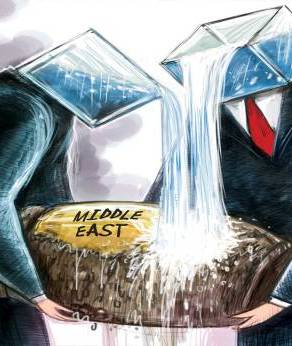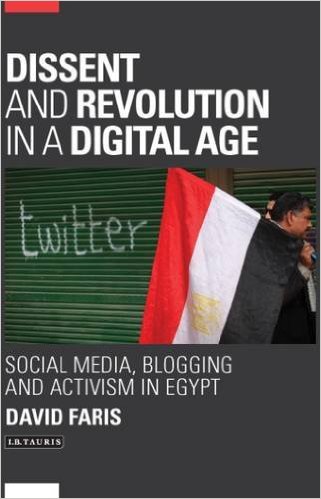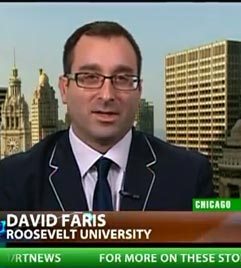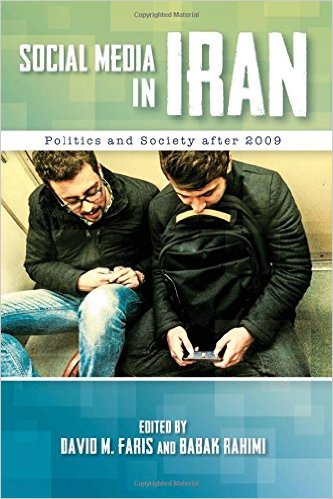

Niņo Jose Heredia/Gulf News
|
|
THINK TANKS
AND
AMERICAN FOREIGN POLICY IN THE MIDDLE EAST
|
|
Tuesday, February 7th, 2017 5:30 - 8:30 pm The Lounge at Iwan Ries 19 South Wabash Ave Cocktails at 5:30, with the presentation at 6:00 for about thirty minutes, followed by Q&A and general cocktail conversation. Reservations are required. |
||
|
David Faris is the author of Dissent and Revolution in a Digital Age: Social Media, Blogging and Activism in Egypt and co-editor of Social Media In Iran: Politics and Society After 2009. He is a contributing writer at The Week and a frequent contributor to Informed Comment, and his work has appeared in the Chicago Sun-Times, the Christian Science Monitor and Indy Week. Professor Faris teaches political science at Roosevelt University.
|
|
About the Cigar Society of Chicago
ONE OF THE OLDEST AND greatest
traditions of the city clubs of Chicago is the
discussion of intellectual, social, legal, artistic,
historical, scientific, musical, theatrical, and
philosophical issues in the company of educated, bright,
and appropriately provocative individuals, all under the
beneficent influence of substantial amounts of tobacco
and spirits. The Cigar Society of Chicago
embraces this tradition and extends it with its Informal
Smokers, University Series lectures,
and Cigar Society Dinners, in which cigars,
and from time to time pipes and cigarettes, appear as an
important component of our version of the classical
symposium. To be included in the Cigar Society's
mailing list, write to the secretary at
curtis.tuckey@logicophilosophicus.org.


